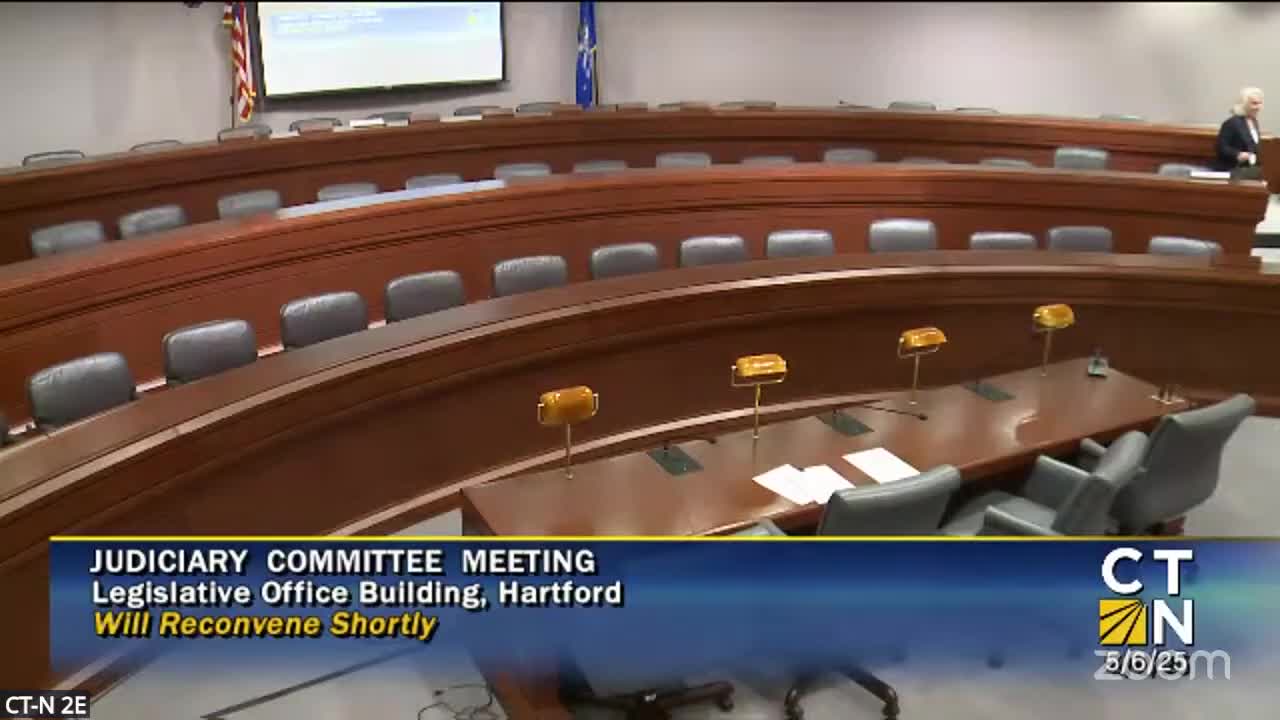Article not found
This article is no longer available. But don't worry—we've gathered other articles that discuss the same topic.
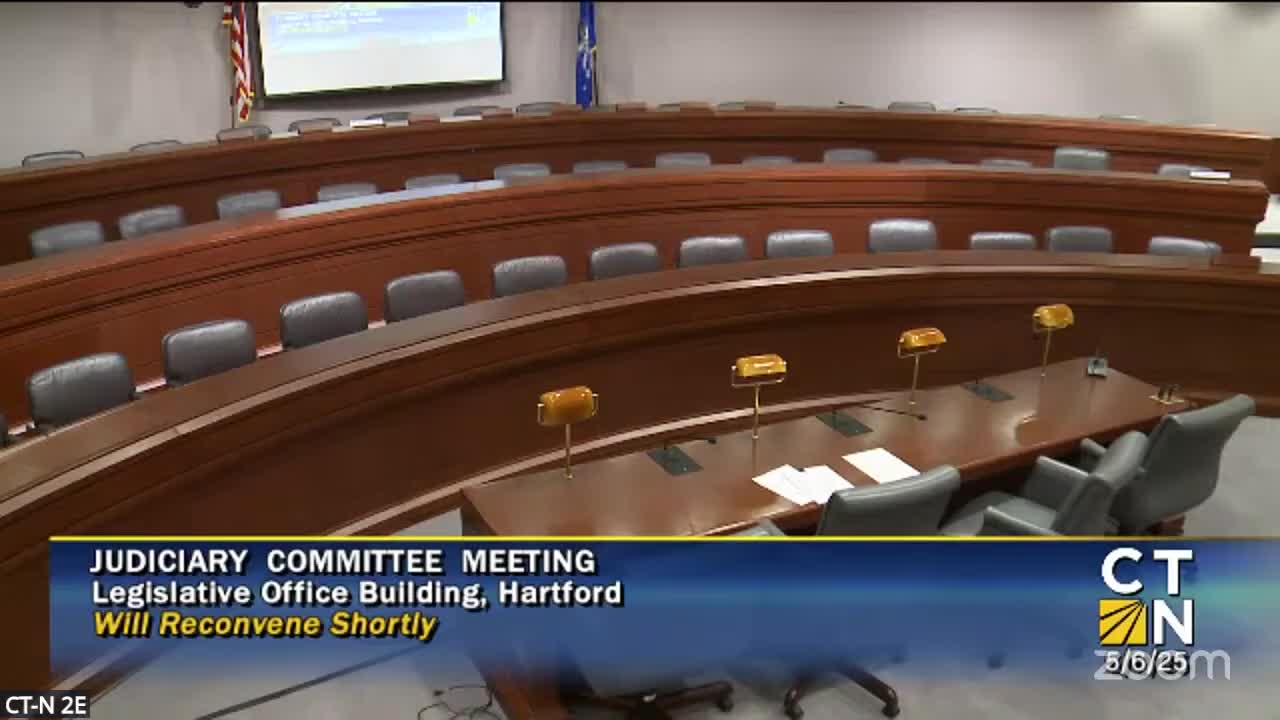
Judiciary Committee sends Department of Social Services bill to the floor after federal-compliance debate on child support rules
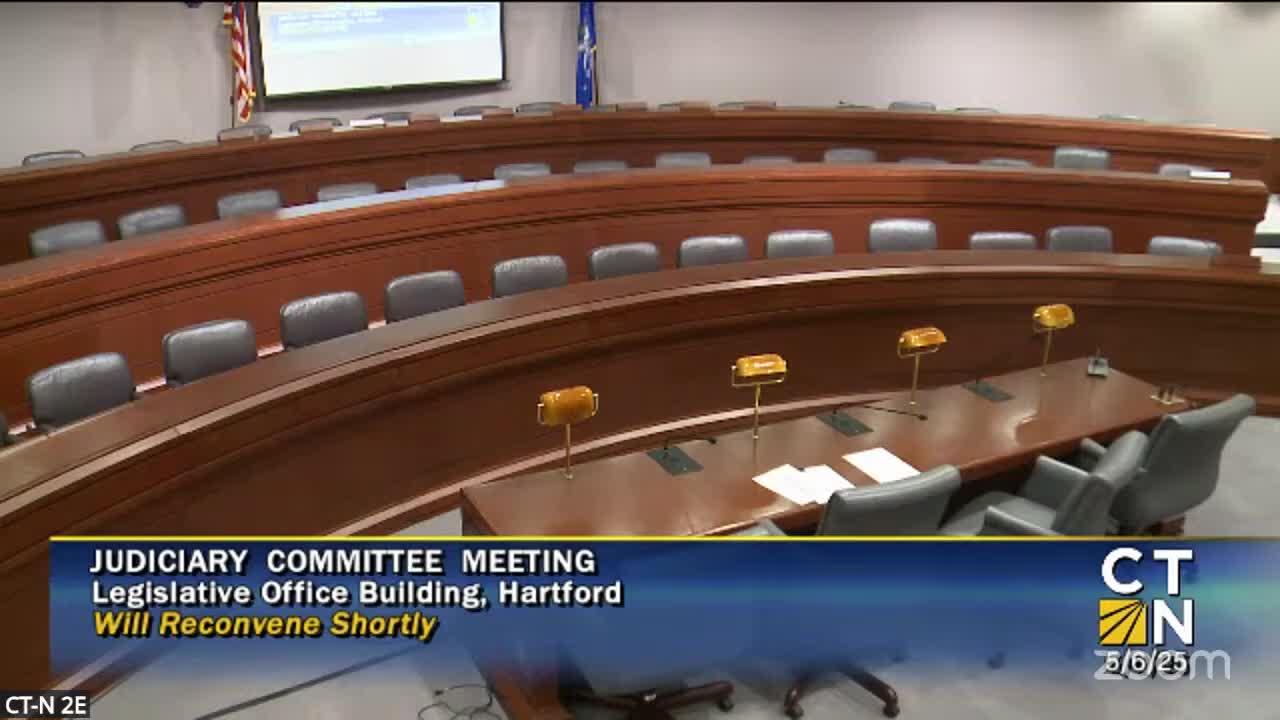
Lawmakers split over immunity for statements in campus Title IX proceedings; committee refers bill to floor
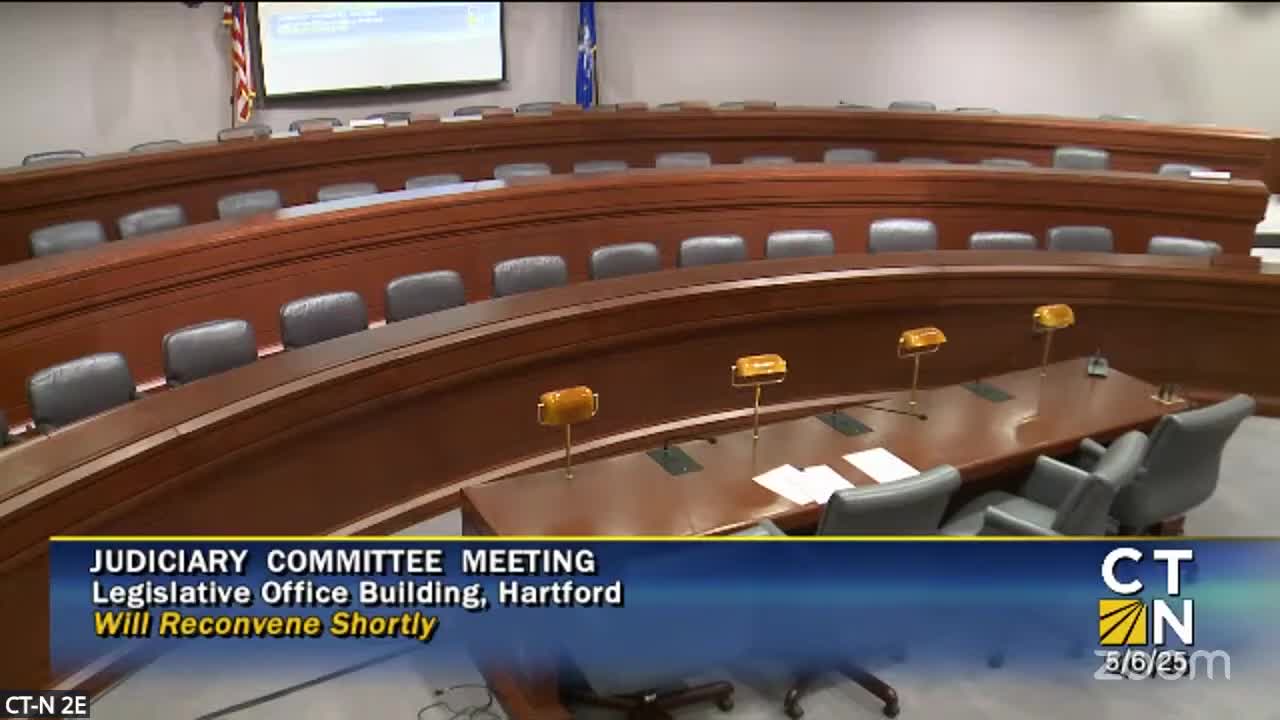
Committee advances artificial-intelligence bill amid business and university concerns
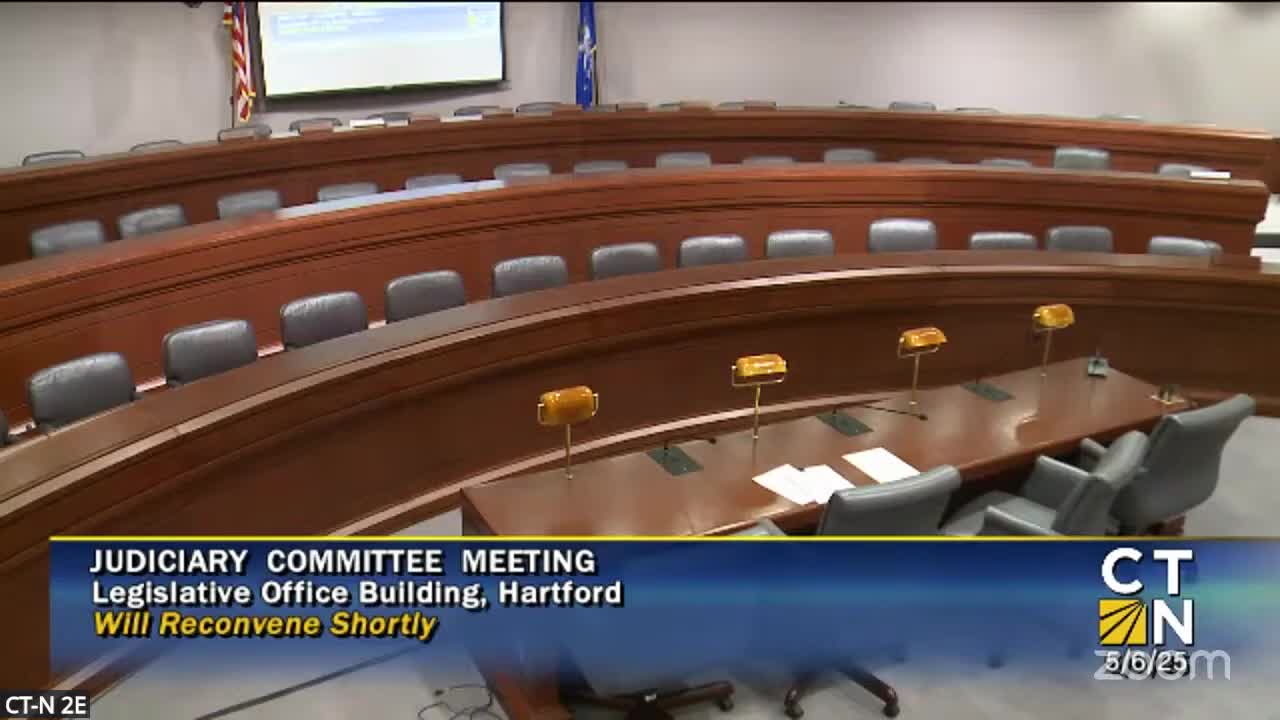
Judiciary committee votes to send special-education funding bill to the floor after fiscal concerns
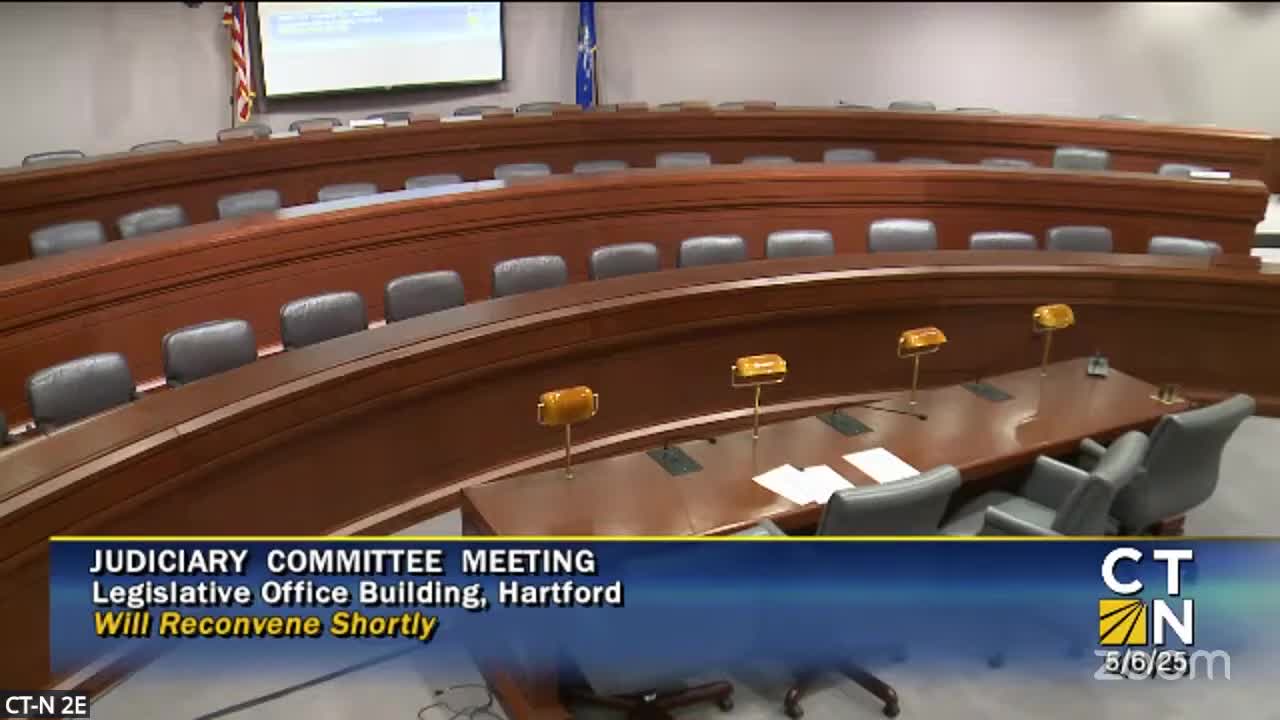
Bill to speed wheelchair repairs moves from committee after heated debate over penalties and market impact
